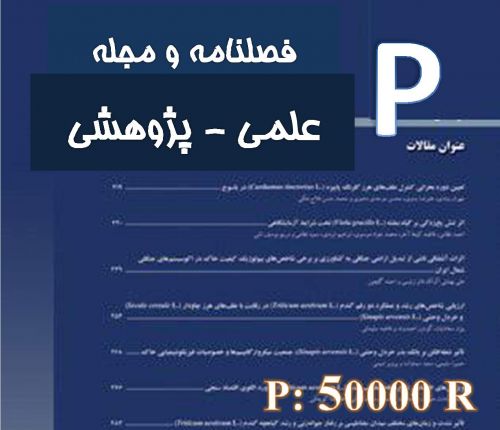This research investigated the effectiveness of IPM/FFS project from economic, technical, social-communicative, environmental and psychological aspects in a descriptive-correlational design based on the survey method. The research population consisted of 70 greenhouse producers that had implemented IPM/FFS project in Tehran and Alborz provinces, Iran. Using Krejcie and Morgan (1970)'s sample size table and stratified random sampling method, 55 greenhouse producers were selected as the research sample. A questionnaire was the main tool for data collection. The validity of the questionnaire was confirmed by a panel of agricultural extension and education experts and its reliability was confirmed by calculating Cronbach's alpha coefficients (0.77≤α≤0.86). The results showed that the IPM/FFS project has affected social-communicative, psychological, environmental, technical and economic factors, respectively. There were positive and significant relationships between effectiveness of the IPM/FFS project and education, the duration of IPM implementation, satisfaction with governmental support and the characteristics of IPM/FFS learning sites whilst the effectiveness of IPM/FFS project was negatively and significantly related to age and greenhouse area under IPM project. According to multiple regression analysis, the variables of IPM/FFS learning sites, education and satisfaction with governmental supports could account for 66 percent of variance of the effectiveness of IPM/FFS project. Finally, as implementation cost of integrated pest management is usually beyond greenhouse producers’ financial ability, it is suggested that the government provide greenhouse producers with more economic supports (e.g. granting loan and special facilities and guaranteed purchase of organic products).
کلید واژگان :Effectiveness; farmers field schools (FFS); greenhouse producer; Integrated Pest Management (IPM); Farmers Field Schools (FFS), greenhouse producer
ارزش ریالی : 600000 ریال
با پرداخت الکترونیک
جزئیات مقاله
- کد شناسه : 3161242766187045
- سال انتشار : 2019
- نوع مقاله : پذیرفته شده در مجلات علمی و پژوهشی
- زبان : انگلیسی
- محل پذیرش : International Journal of Agricultural Management and Development
- برگزار کنندگان :
- ISSN :
- تاریخ ثبت : 1399/11/16 12:04:21
- ثبت کننده : هادی مؤمنی هلالی
- تعداد بازدید : 291
- تعداد فروش : 0
